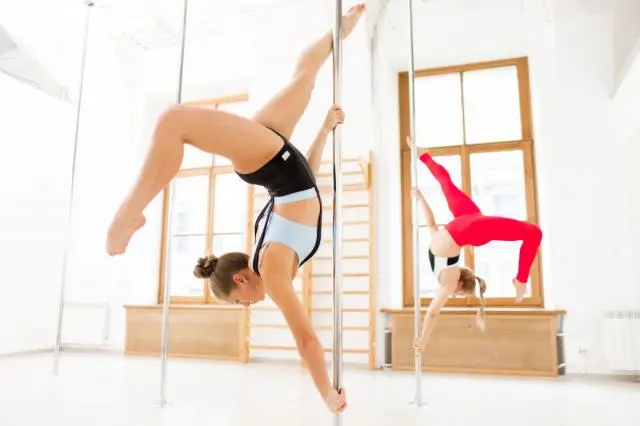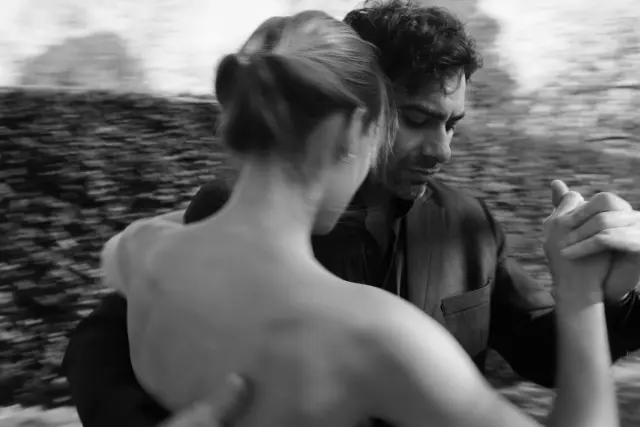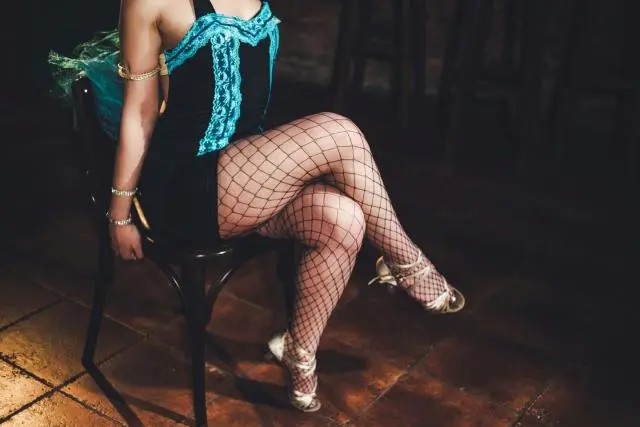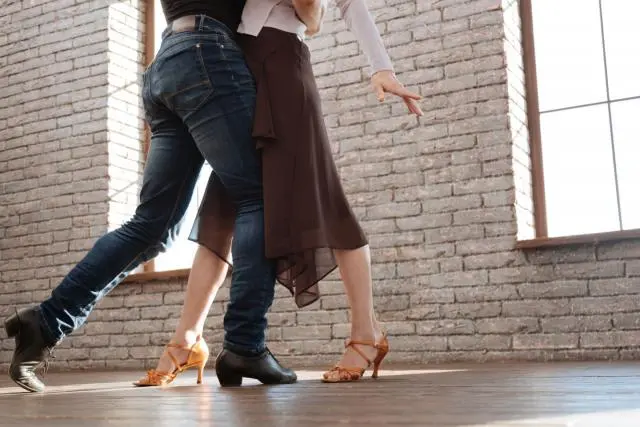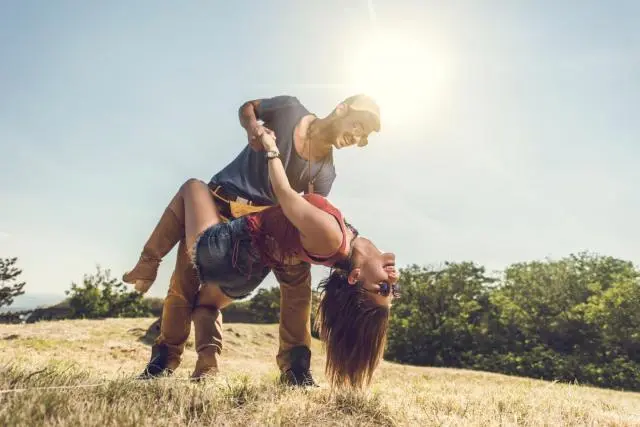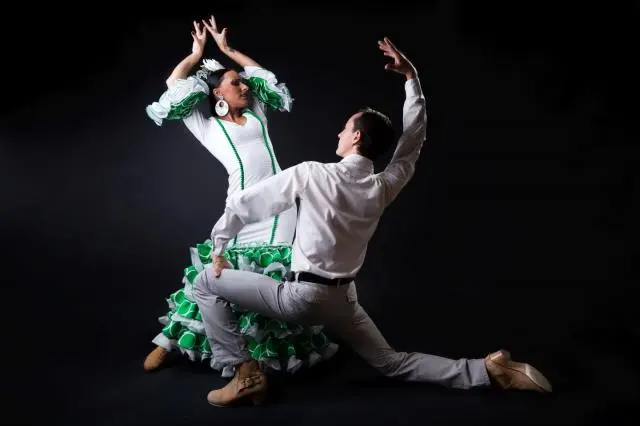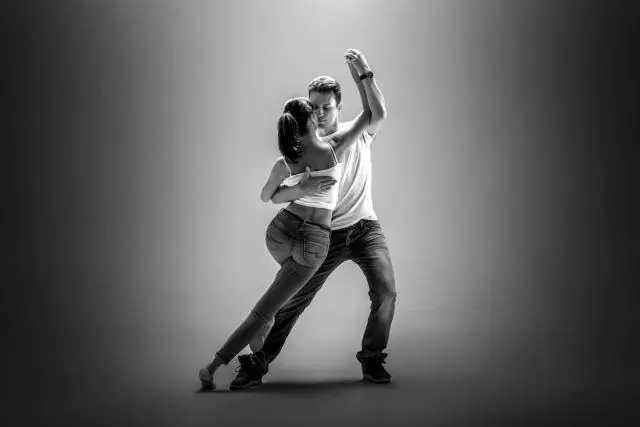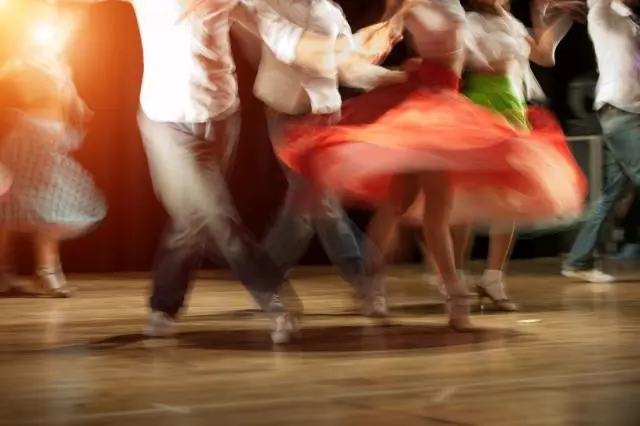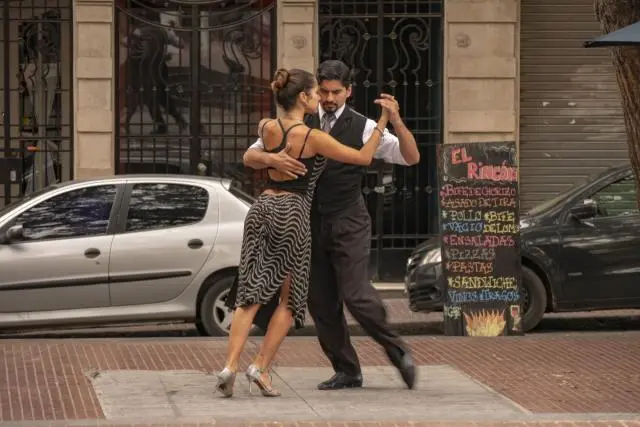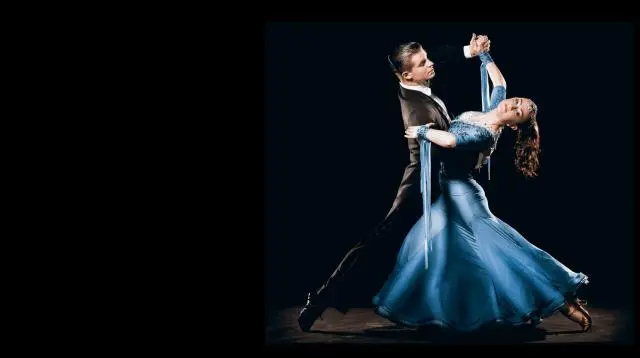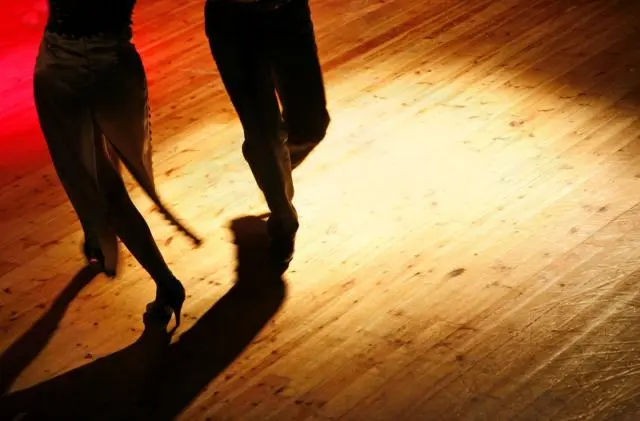
Rumba
Rumba – One of the Most Romantic Dances Ever
You've probably encountered the Rumba at weddings or similar events. This popular Latin American dance originated in Cuba. The word "Rumba" means "party" in Spanish because the Rumba originally developed as a dance for parties. Rumba has a relatively simple basic step and can be danced to many, often slow, romantic songs. But it has also been an internationally recognized competitive dance for over 60 years. It is classified as a Latin dance and can be learned in many dance schools in Germany in Standard/Latin dance courses. In 2013, the World Dance Council declared the Rumba the Dance of the Year – making it a very current and internationally beloved dance.
How is Rumba Danced?
Rumba is an exceptionally beautiful, romantic dance. At the same time, the basic step is easy to learn, and even simple figures can be danced after a short time. Additionally, Rumba can be danced to many different songs. The rhythm is a 4/4 beat, which allows Rumba to be danced to both traditional and modern pop music. Therefore, it is especially nice to not only attend a classic Standard/Latin dance course to learn the basics of Rumba but also to attend a course specialized in Rumba – because you will be able to dance Rumba at many different occasions.
The correct execution of the steps is, of course, important – but a beautiful dance also requires a sense of the music and, above all, communication between partners. Therefore, compared to other dances, Rumba is very emotional and harmonious.
Rumba Basic Steps
Basic Step:
The dancer moves forward with the left foot while the right foot is simultaneously held back. Then, the dancer switches feet by moving the right foot forward and the left foot back.
Cross Step:
The dancer moves forward with the left foot while the right foot is simultaneously crossed to the right. Then, the dancer switches feet by moving the right foot forward and the left foot to the left.
Rumba dance clothes
Rumba dance attire is designed to be both functional and stylish for the dance floor. Here are some examples of Rumba dance clothing available online:
-
Etsy: Offers a variety of Latin dance training clothes, such as the New Long Sleeve Chacha Rumba Dress, a professional female Latin dance dress.
-
Danceplusmiami: Features the Rumba by Wearmoi A front-zip high neck leotard, which is a simple and timeless design with a gorgeous flock detail and tulle accents on the back.
-
Amazon: Provides a wide range of Rumba dresses, including the FEOYA Women's Dance Dress Sequin Fringed Flapper Dress, which is a Latin Party Dress suitable for Rumba dance.
Other online retailers: Offer a variety of Rumba dance costumes, such as the Royal Smeela Women Fringe Latin Dance Dress, which is a flapper party dress suitable for Rumba, Salsa, and Ballroom dances.
Rumba Music
Rumba music is a melody-rich and rhythmic genre that originates from Cuba. The music is characterized by its Afro-Cuban influences and is often used in ballroom dancing. Rumba music can be found in various styles and genres, including:
-
Traditional Cuban rumba: This style is the original form of rumba music, which includes the three main styles of yambú, columbia, and guaguancó.
-
Tecno-rumba: A style that emerged in Spain in the 1990s, characterized by a fusion of rumba with hip-hop and rock elements.
-
Congolese rumba: Also known as rumba Lingala, this style originated in the late 1930s and early 1940s in Colombia, and it became popular in Central Africa.
-
International rumba: This style is more suitable for ballroom dancing and is characterized by a strong accentuation of the 2 and 4 beats.
Some popular rumba music examples include:
-
DJ Ice's Rumba Music Mixes on YouTube
-
Maluma ft. The Sun – Rumba (Puro Oro Anthem)
What is Rumba social dance?
Unlike its ballroom counterpart, social rumba is less focused on strict technique and choreography.
It emphasizes improvisation, connection, and enjoying the music and each other's company.
The core steps are simpler, making it accessible for beginners and experienced dancers alike.
Basic steps:
-
The Box: Step forward with one foot, close your other foot next to it, step back with the first foot, close the other foot, repeat.
-
The Rock: Shift weight from one foot to the other, creating a gentle rocking motion.
-
The Sway: Sway your hips and shoulders in time with the music, maintaining connection with your partner.
-
Turns: Basic turns like the open turn and closed turn can add variety and flow.
Music:
Traditional rumba music with a tempo of around 30-32 beats per minute sets the mood.
Modern interpretations and Latin music with similar tempos can also work well.
Would You Like to Learn Rumba?
In almost every dance school in Germany that teaches Standard/Latin dances, you can sign up for a Rumba dance course.
For Rumba, a good relationship and trust with your dance partner are essential – only through this can you fully engage in the movements and experience the unique charm of Rumba. Therefore, it's nice if you find the right dance partner for you and sign up with him or her for a course in a dance school so that you can learn the dance together and adjust to each other.
You can easily start your search for a dance partner here at Lets-Dance. It doesn't matter if you already master the basic step or have no experience with Rumba at all – in your search, you can simply specify the level you are looking for.
So, what are you waiting for?
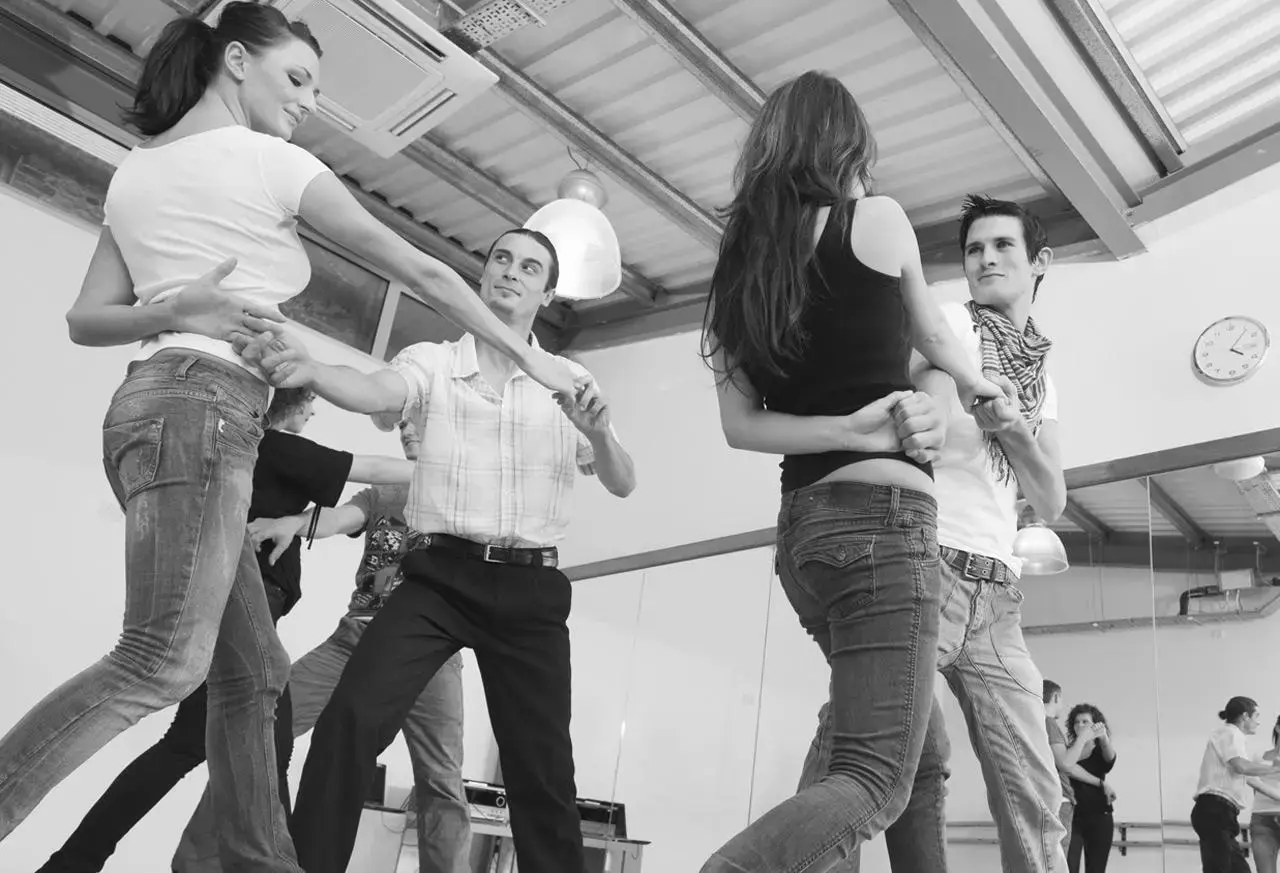
Dance partners
Create your dance profile on Lets-Dance
Dancewear, shoes & accessories
Register your dance school
Popular blog posts about dancing
